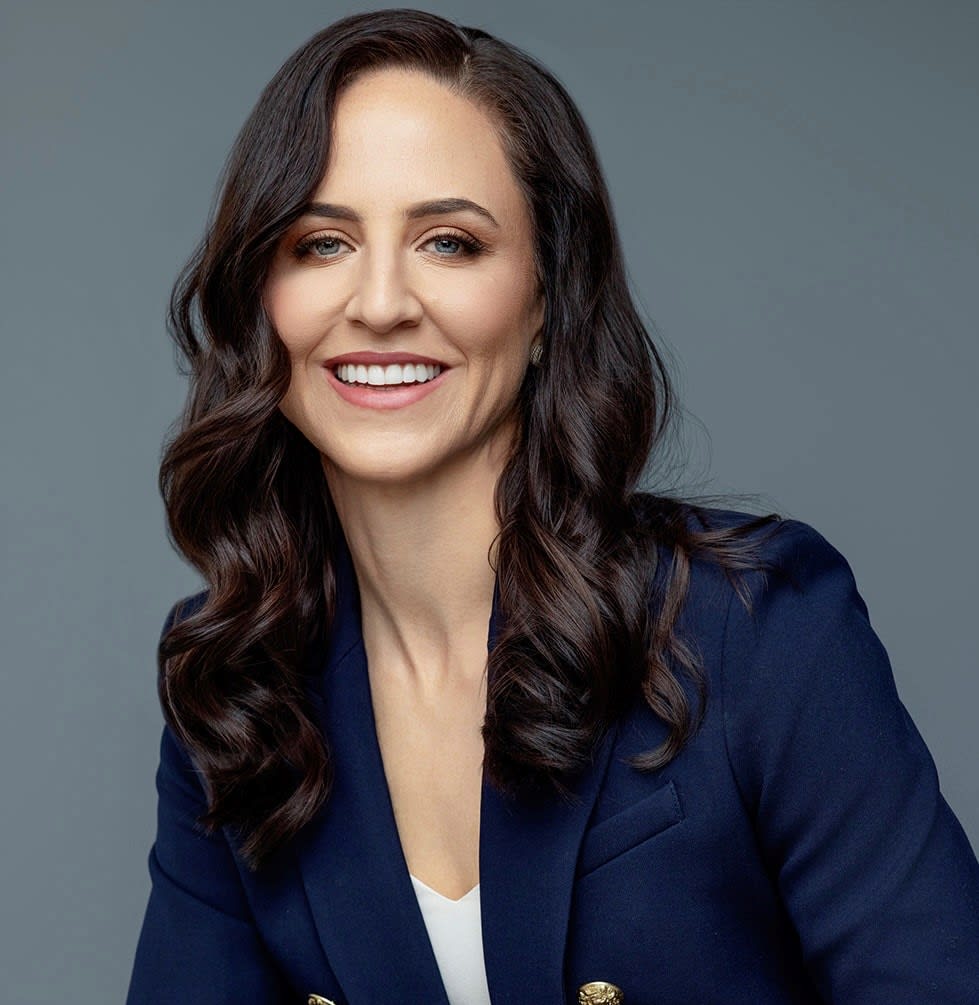Dr. Jonn Wu: My Background in Cancer Research and Care
August 7, 2013
Thank you for visiting my blog! I am delighted to have this opportunity to share some of my background and thoughts with you.
Although I was born in Taipei, Taiwan, which sounds very exciting, my parents and I moved to Vancouver, B.C. before my first birthday. I spent most of my youth in Burnaby, B.C. and graduated from Burnaby South Senior Secondary – the original campus – which dates me a little. I then attended the University of Calgary for two years, in the Department of Biochemistry, before starting medical school at the University of Alberta in Edmonton, followed by a radiation oncology residency at the Cross Cancer Institute, also in Edmonton.
Those were busy years, which included many hours studying, working in the hospital, getting married and the arrival of our two children. After the completion of my residency, we moved to Seattle, where I pursued a clinical and research fellowship at the University of Washington Medical Centre. There, I was introduced to different head and neck cancer treatment protocols and helped develop new radiotherapy techniques, including intensity modulated radiotherapy (IMRT).
In 1999, I started my career at the BC Cancer Agency’s Vancouver Centre, where I was recruited to help introduce new radiotherapy planning and delivery technologies to the clinic. I was drawn to the BC Cancer Agency because of the provincial structure of their tumour groups and treatment protocols, which ensures that patients with the same cancer will be offered the same types of treatments, regardless if they are from Terrace or Coquitlam.
The provincial nature of our Agency also allows B.C. to pursue unique population based research that is not possible in other jurisdictions. These factors, in combination with strong partnerships with research scientists at the BC Cancer Agency Research Centre, including the Genome Science Centre; UBC Department of Astronomy and Physics (Medical Physics), and financial support from the BC Cancer Foundation, made the decision to come to the BC Cancer Agency a very easy one to make.
As I begin my 15th year of practice at the Agency, I still believe these partnerships and linkages provide many exciting opportunities for multi-disciplinary clinical and research collaboration, which ultimately results in improved quality of care for our patients. I think my colleagues would agree there is still much work to be done, and these key factors continue to motivate us in our daily work.
Jonn


